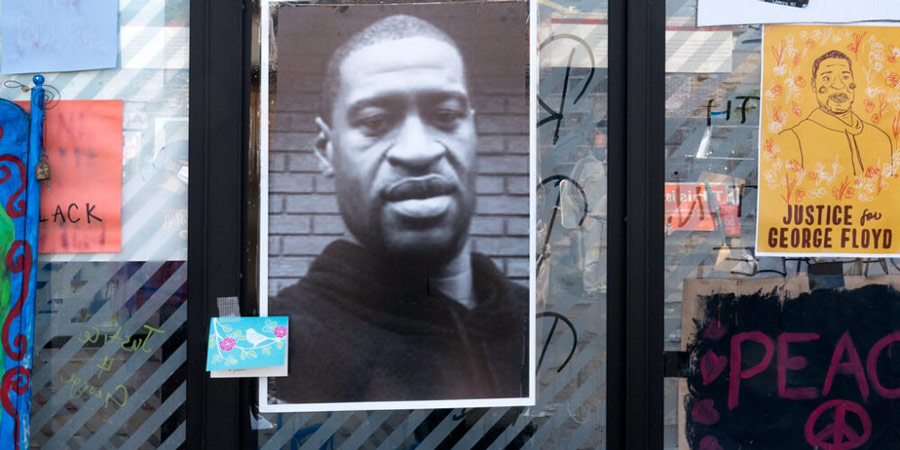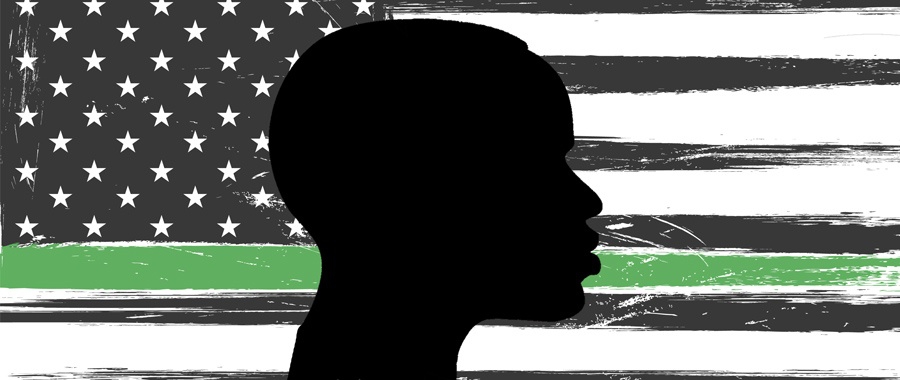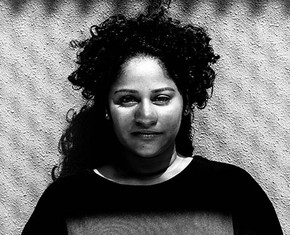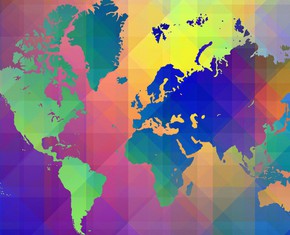The views expressed in our content reflect individual perspectives and do not represent the authoritative views of the Baha'i Faith.
In the history of humanity, chattel slavery was only a short time ago, and its racist roots remain present in our lives today in new forms.
Shoghi Effendi, the Guardian of the Baha’i Faith, wrote: “as to racial prejudice, the corrosion of which, for well-nigh a century, has bitten into the fiber, and attacked the whole social structure of American society, it should be regarded as constituting the most vital and challenging issue…”
Clearly, we won’t eradicate racism without recognizing its spiritual and cultural components. But what are some of these cultural components, and how can we become more aware of them?
When I first started to think about how slavery has impacted the way the world functions today, I learned about what many might say is arguably the most obvious manifestation of its legacy: mass incarceration. The modern police force evolved out of night watches, slave patrols, and Indian constables that ensured the continued legacy of Native genocide and the brutal enslavement of black people in this country. With the killing of George Floyd in Minneapolis, the racial discrimination and excessive force used by American police have once again gained international notoriety. And let’s not forget — many American prisons rely on the labor of inmates while the workers only make $0.86 per day. The systemic ways that racism spreads today are well-documented.

In 1989, the Baha’i International Community office at the United Nations wrote that racism “persists precisely because it is deeply rooted in outdated attitudes and erroneous beliefs. Accordingly, any campaign to eradicate racism must change those attitudes and beliefs.”
The Universal House of Justice, the international governing body for the global Baha’i community, stated that “recognition of the oneness of mankind, implemented by appropriate legal measures, must be universally upheld if this problem is to be overcome.”
Becoming more aware of the history of slavery helps us collectively understand its manifestations in today’s world. The common phenomenon of black people’s pain being regularly ignored by medical professionals, for example, stems from slave owners’ stating that slaves didn’t feel pain the way white people did. We need to know that piece of history to understand why and how it perpetuates itself today. To understand economic inequality, we need to recognize that black people never received reparations. We can better understand how slavery created divisions between the poor when we realize that the wealthy white elite used racist propaganda to dissuade poor white Southerners from banding together with enslaved black people to demand reform.
Understanding the violence, manipulation, and longevity of the institution of slavery is just the start of a much wider process towards radical reform and healing. Education is key to begin to unveil creative ways to establish justice, peace, and freedom for black people in this country. As the Baha’i Writings tell us: “Regard man as a mine rich in gems of inestimable value. Education can, alone, cause it to reveal its treasures, and enable mankind to benefit therefrom.”
To learn more about the residual impacts of generations of slavery and how we can heal in the present, read “Post-Traumatic Slave Syndrome” by Dr. Joy DeGruy.
















Comments
Sign in or create an account
Continue with Googleor